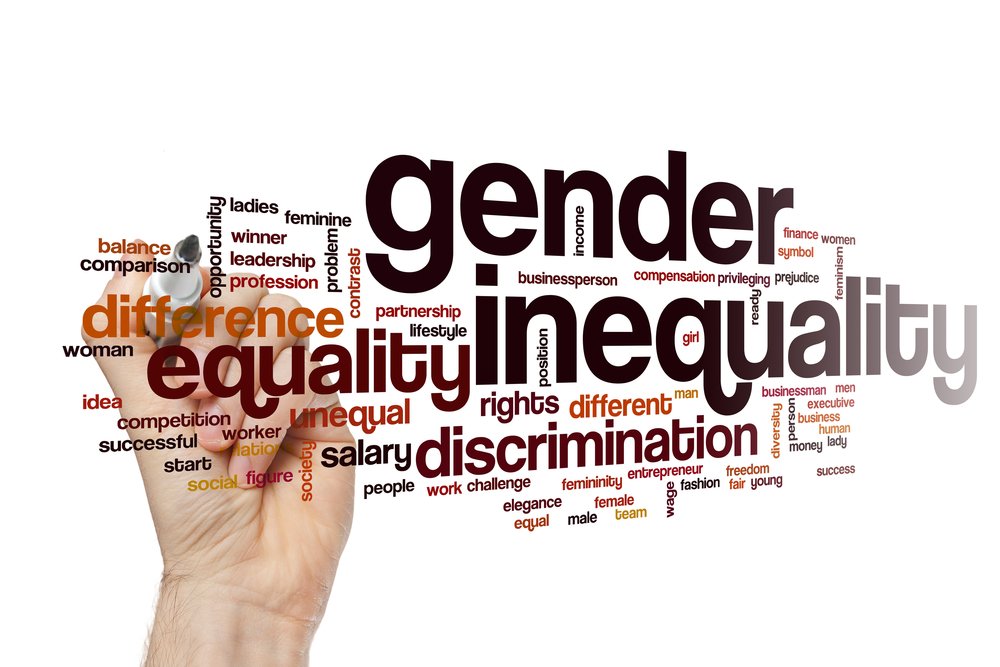Introduction
Gender discrimination is a pervasive issue that affects individuals across various aspects of life. It not only hampers personal growth and professional opportunities but also has a significant impact on mental and physical well-being. A recent study has shed light on the long-term effects of perceived gender discrimination on the health of older women. This article will explore the findings of the study and discuss the implications of gender discrimination on well-being.
The Study
The study conducted by researchers aimed to understand the relationship between perceived gender discrimination and the well-being of older women. The participants were women aged 60 and above who had experienced gender discrimination in their lives. The study utilized surveys and interviews to gather data on their experiences and well-being.
The findings of the study revealed a strong correlation between perceived gender discrimination and a decline in well-being among older women. The participants reported experiencing various forms of discrimination, including unequal treatment in employment, limited access to healthcare, and societal biases. These experiences had a profound impact on their mental and physical health.
Impact on Mental Health
Perceived gender discrimination can have detrimental effects on the mental health of older women. The study found that women who experienced discrimination had higher rates of depression, anxiety, and stress. The constant exposure to unfair treatment and biases can lead to feelings of worthlessness, helplessness, and frustration.
Furthermore, the study highlighted that gender discrimination often results in social isolation and a lack of support networks. Older women who face discrimination may feel alienated from their communities and struggle to find understanding and empathy. This isolation can further exacerbate mental health issues and lead to a decline in overall well-being.
Impact on Physical Health
The effects of gender discrimination are not limited to mental health; they also extend to physical well-being. The study revealed that older women who experienced discrimination had higher rates of chronic health conditions such as hypertension, diabetes, and cardiovascular diseases.
One possible explanation for this correlation is the stress induced by discrimination. Chronic stress can weaken the immune system and increase the risk of developing various health problems. Moreover, the limited access to healthcare and resources due to discrimination further compounds the health issues faced by older women.
Implications and Conclusion
The findings of this study underscore the importance of addressing gender discrimination and its impact on the well-being of older women. It is crucial to create inclusive and equitable societies that value and respect individuals regardless of their gender. Organizations and policymakers should work towards eliminating discriminatory practices and promoting equal opportunities for all.
Efforts should also be made to raise awareness about the long-term consequences of gender discrimination on mental and physical health. Education and advocacy can help challenge societal norms and attitudes that perpetuate discrimination. Support systems and resources should be made available to older women who have experienced discrimination, providing them with the necessary tools to cope and heal.
In conclusion, gender discrimination has far-reaching effects on the well-being of older women. The study discussed in this article highlights the need for society to address this issue and work towards creating a more inclusive and equal future. By recognizing and combating gender discrimination, we can strive towards a society where all individuals can thrive and lead fulfilling lives.



































